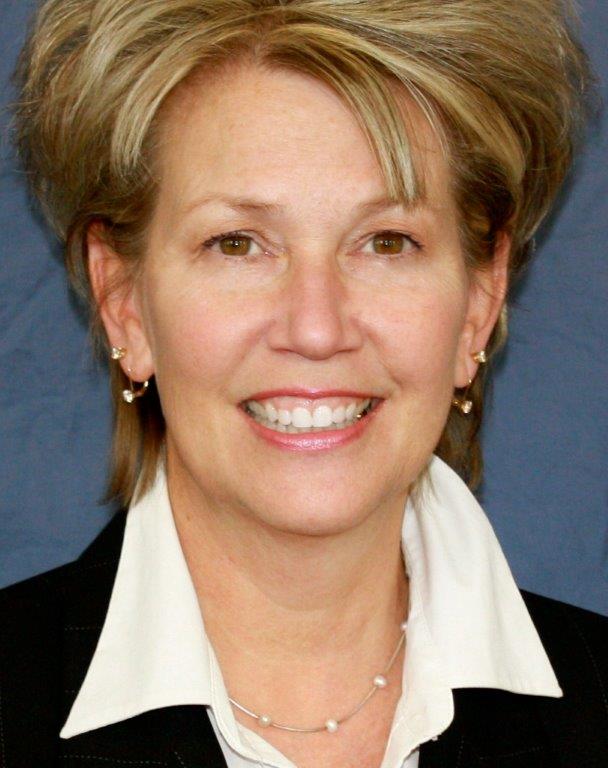 When we talk about high-quality early childhood care and education, we know one of the most significant indicators of a high-quality environment is the knowledge and skill level of the adults who interact with our youngest children. No matter the setting, it takes informed and skillful caregivers to understand the intricacies of young children in their early developmental years.
When we talk about high-quality early childhood care and education, we know one of the most significant indicators of a high-quality environment is the knowledge and skill level of the adults who interact with our youngest children. No matter the setting, it takes informed and skillful caregivers to understand the intricacies of young children in their early developmental years.
Increased public and private investments in early childhood across the nation have brought to light the scarcity of personnel with the necessary qualifications to fill this emerging demand. Along with other states, Nebraska is experiencing an early childhood workforce shortage. This shortage in early care and education exists for many reasons: high turnover, low pay, workers not recognized as professionals, regulatory changes and greater requirements around credentialing and endorsements. Acknowledging the lack of qualified workers will continue to grow, Nebraska has undertaken a bold plan to overcome these challenges.
The Buffett Early Childhood Institute, an endowed unit at the University of Nebraska, was established to transform the lives of young, at-risk children from birth through age 8 by improving their learning and development. One of the two signature programs identified as a priority at the Institute is the Early Childhood Workforce Development Program. As part of this priority, the Institute has convened two planning groups. The Nebraska Early Childhood Workforce Commission is one of the groups and consists of 39 public- and private-sector leaders from across the state. Their charge is to develop a comprehensive plan of action for expanding and strengthening the state’s early childhood workforce. The Commission will meet quarterly over three years and includes a cross-sector of expertise from state government, higher education, public schools, child care, health care, advocacy, philanthropy, practitioners and the business community. The Commission will focus its activities on a blueprint with four components:
- A shared statewide vision for Nebraska’s early childhood workforce that includes common definitions of terms and criteria related to workforce competencies
- Implementation plans for alignment and integration of regulations and standards that reflect early learning competencies and govern proficiencies
- Implementation plans for creating and sustaining a supportive professional environment that compensates fairly, offers career advancement and attracts and retains high-quality practitioners
- Developing strategies for education and outreach to obtain support from state and community leaders.
As Director of First Five Nebraska, I have been asked to be a member of the Early Childhood Workforce Commission and am extremely honored to be part of this venture. Our work at the policy and system level shows us that there’s wide variation of experience and expertise among the early childhood workforce across Nebraska. One thing they all have in common, however, is the tremendous responsibility of ensuring our youngest children develop the level of skills that will carry them on the path to success.


